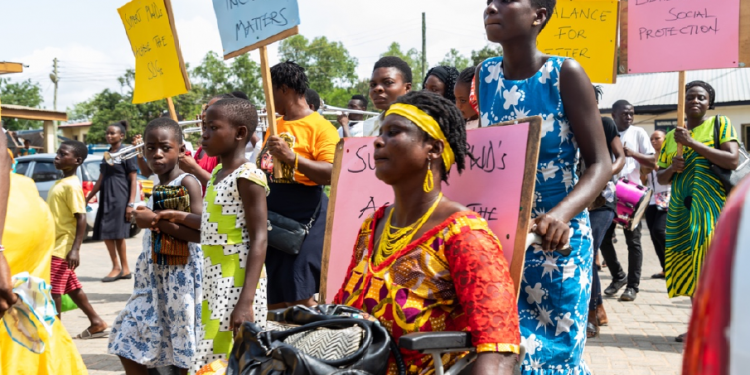The Partnership for Maternal Newborn and Child Health (PMNCH), the world’s largest alliance committed to protecting and advocating for the health, wellbeing and rights of women, children and adolescents, have said that systemic barriers, coupled with the failure to prioritise the collection of data on the situation of women and girls with disabilities, have perpetuated their ‘invisibility’ within societies.
Speaking at the 66th session of the UN Commission on the Status of Women (CSW66), the Executive Director, PMNCH Helga Fogstad, said, “women and girls with disabilities experience multiple and intersecting forms of discrimination which exclude them from various aspects of life.
“It puts their health and wellbeing at risk, and increases their likelihood of experiencing socio-economic inequities, such as a higher rate of poverty, lower education level and increased rate of unemployment, compared to their non-disabled peers.”
Despite a lack of recorded evidence, it is generally accepted that the pre-existing inequities and discrimination women and adolescent girls with disabilities face daily has been further amplified during the COVID-19 pandemic.
For example, some women and girls with disabilities who require assistance from others, such as sign language interpreters, to access SRH or other health services, were no longer allowed to bring those individuals with them due to social distancing rules.
Women and girls with disabilities also suffer up to three times greater risk of rape. They are twice as likely to be survivors of domestic violence and other gender-based violence (over a longer period and with more severe injuries) than women without disabilities.
The situation for girls and women with disabilities only worsens in humanitarian settings, and delegates at the CSW66 side-event will also reflect on the current humanitarian crises unfolding in Ukraine, Afghanistan, Syria and many other parts of the world.

